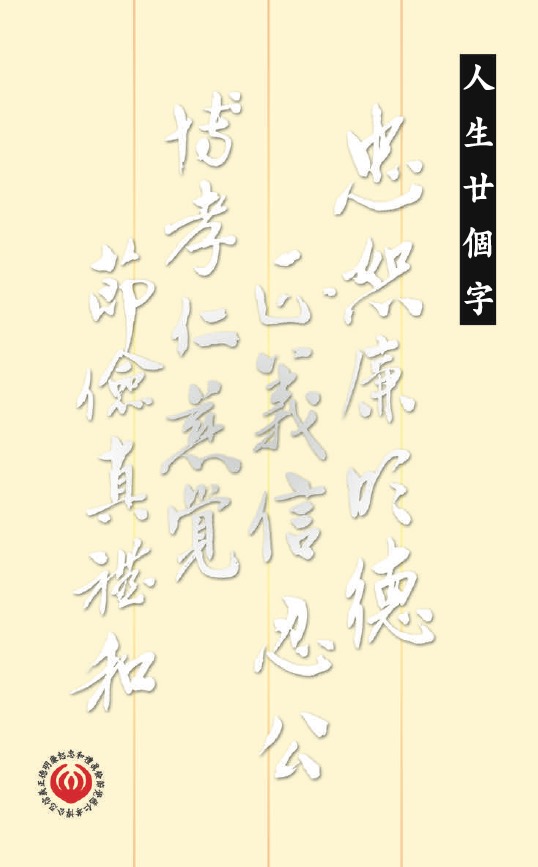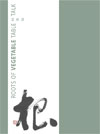Propriety – 禮箴
- 禮箴
- LI (Propriety)
| 外恭內敬 | 威儀之節 | 禮防淫邪 | 禮懲慢媟 |
| 禮以已亂 | 禮可成哲 | 人而無禮 | 禽獸何別 |
外恭內敬 威儀之節 行立坐臥,言語動作,以及各種威儀之節曰禮,此不過言其表面之恭,其實必先心敬,而後內外如一。
禮防淫邪 有禮可以防止人心之淫邪。
O(禮記)「以此防民,民猶有自獻其身者。」
禮懲慢媟 有禮可以懲戒人心之慢媟。
O(唐書齊澣傳)「睿宗將祠太廟,刑部尚書斐談攝太尉先告,澣奏孝享攝事,稽首而拜,恭明神也而談慢媟不恭,不可不置之如法。」
禮以已亂 有禮可以已亂。
O(左傳)「亂之生也,唯禮,可以止之。」
禮可成哲 有禮可以成哲。
O(張衡周天大象赋)「因罔念而作狂在恭己而成哲。」
人而無禮 禽獸何別 人而無禮,放僻邪侈,無所不為,則無異於禽獸也。
A person is truly dignified if he is reverential both in appearance and at heart. LI (Propriety) constrains people from committing depraved acts and disciplines the wanton. It puts a stop to impoliteness and ends all disorders. It enables us to be sages. A person without LI is not much different from a wild beast.

